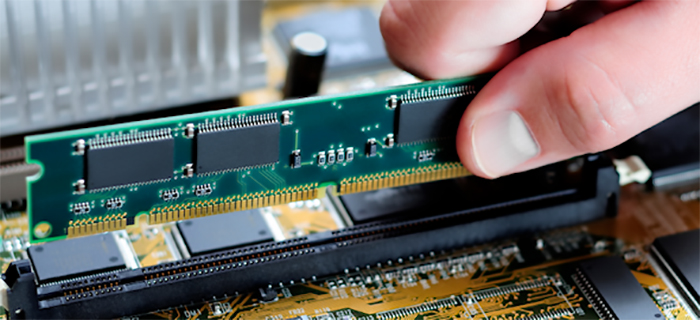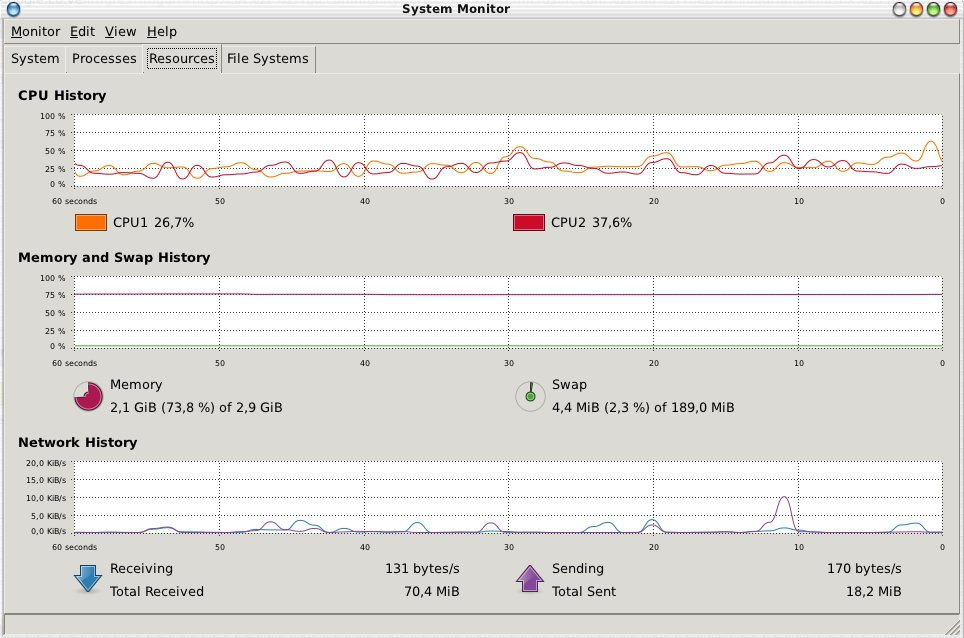
There has always been quite a bit of debate over the value of having more RAM than our day to day applications will use. Let’s talk about this a little bit.
You don’t have to know everything about computers to know that having an excellent processor along with plenty of video memory, a good GPU, and lots of RAM, are all key components to making a computer perform with all the smoothness of a shark in the water, regardless of how much of a load we put on them.
RAM is specifically one of the top things our minds like to exaggerate when we think about wanting a lasting computer. Far from being satisfied with a decent amount of memory like 6 or 8 GB, and determined to let our imaginations run wild (as long as we have enough money to indulge), we opt for 16 and up to 32 GB.
Now, anyone who knows a little bit more about the matter understands that not all of this memory is being used – that in most cases, for day to day use, a good portion of this memory will never be touched. And it’s here that we begin to question how good of an idea it is to have a larger or smaller amount of available memory, and to what point it’s worth shelling out loads of money to have more RAM.
Does having more RAM than necessary improve my computer’s performance?
More so than the quantity of RAM, sometimes the quality matters more in getting better performance.
The short answer to this question would be no. Having more memory than what is strictly necessary, as you can see, will not make your computer run faster than it would with only the right amount for optimal performance. But the real answer, of course, is much more complicated than that.
A typical example would be a computer with 16 GB of RAM. Unless you are dedicated to editing video in the highest possible quality, you will probably never exceed using 8 GB of RAM. All of this translates to an excess of about 8 GB of RAM that are never used in actual tasks, and thus supposedly have no influence on your computer’s performance. However, the fact is that they do have influence.
Continuing with the example from the last paragraph, depending on the operating system that you use, the excess memory is used by the system as a disk cache. To put it in simple terms, the system is going to use the extra space to store any data it thinks we might need at any given moment. This way it has the data handy, and it can be displayed much more quickly if necessary.
This data may never be used, and it isn’t in use at the moment, but the system expects that it may be needed. Likewise, the user could always call on other information that is on the drive and hasn’t been cached. Be that as it may, most modern operating systems are rather efficient at deciding which data should be stored in the cache, so in the end: yes, having more RAM than what is normally used does positively influence performance.
One consideration to take into account is that in general, when we use system monitors or similar applications that allow us to view our RAM usage, they are limited to indicating how much memory we’re using and how much is free or available. Generally, the memory that is used as a cache is listed under the free memory. Since it is available to be emptied and used for more important tasks if necessary, it is usually counted as unused memory.
Finally, keep in mind that there are points at which excess memory is simply not used. This would be in cases of computers with 32 or 64 GB of RAM which, unless the computer is used as a server or for heavy video editing, will be mostly wasted.
We hope this article has been helpful. Remember that if your computer needs more RAM memory you can always contact a computer repair specialist at 911-computer.com. At your request, one of our technicians will visit you in the comfort of your home to figure out the problem with your computer and give you the best solution. We work in Houston, Spring and The Woodlands, TX. Contact Us!








